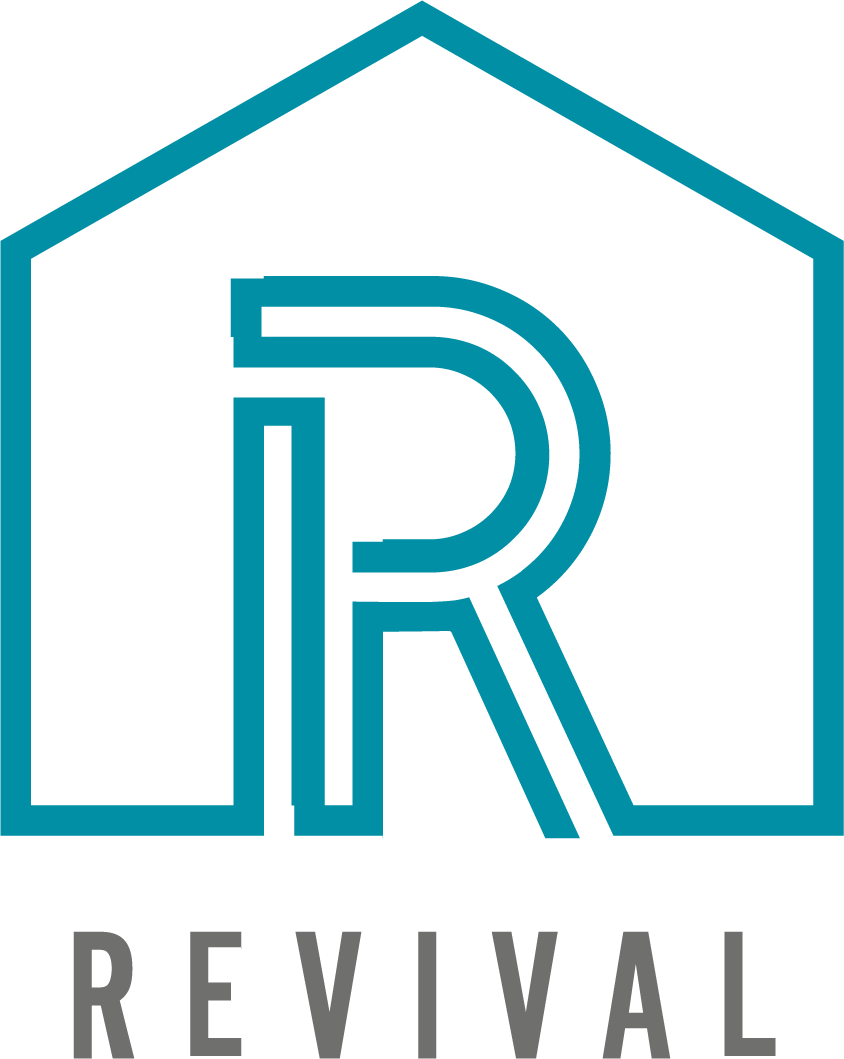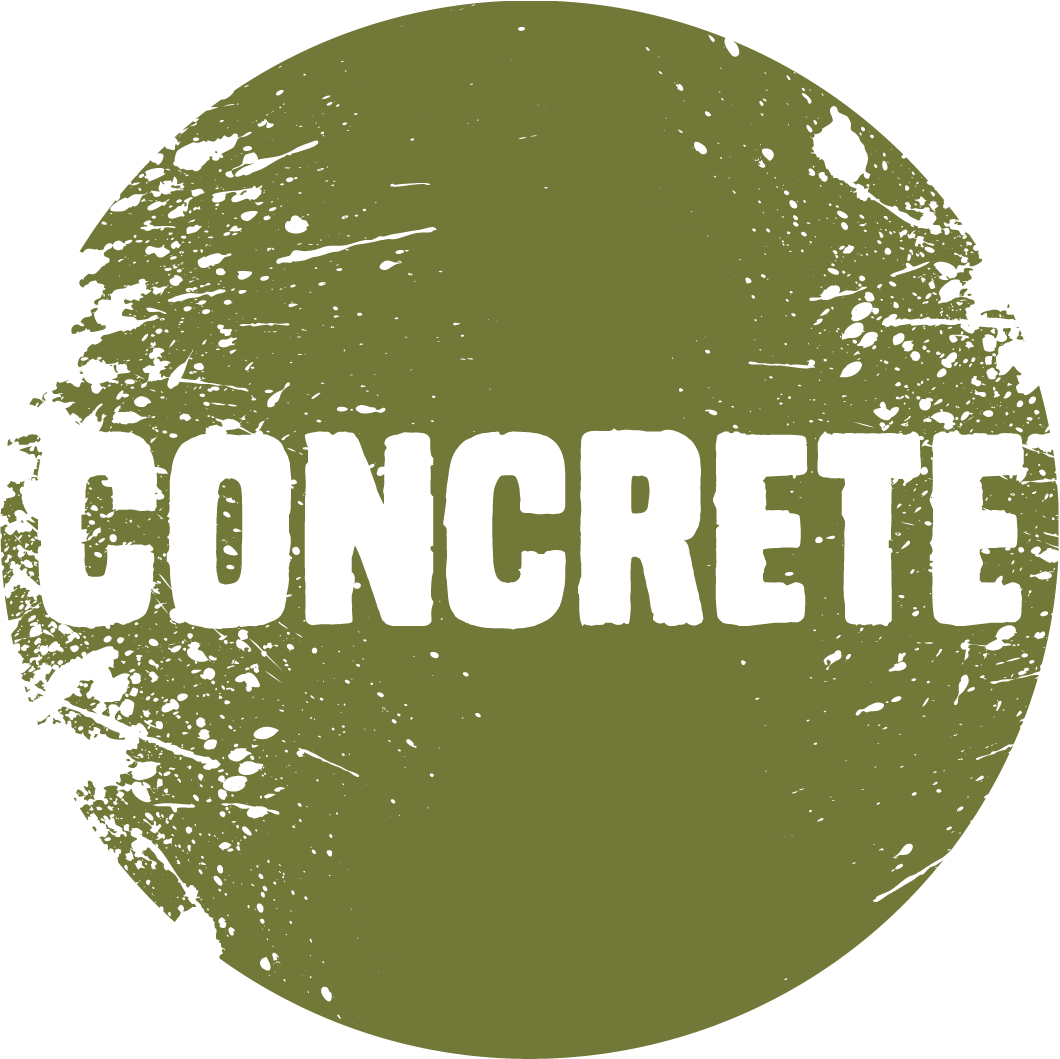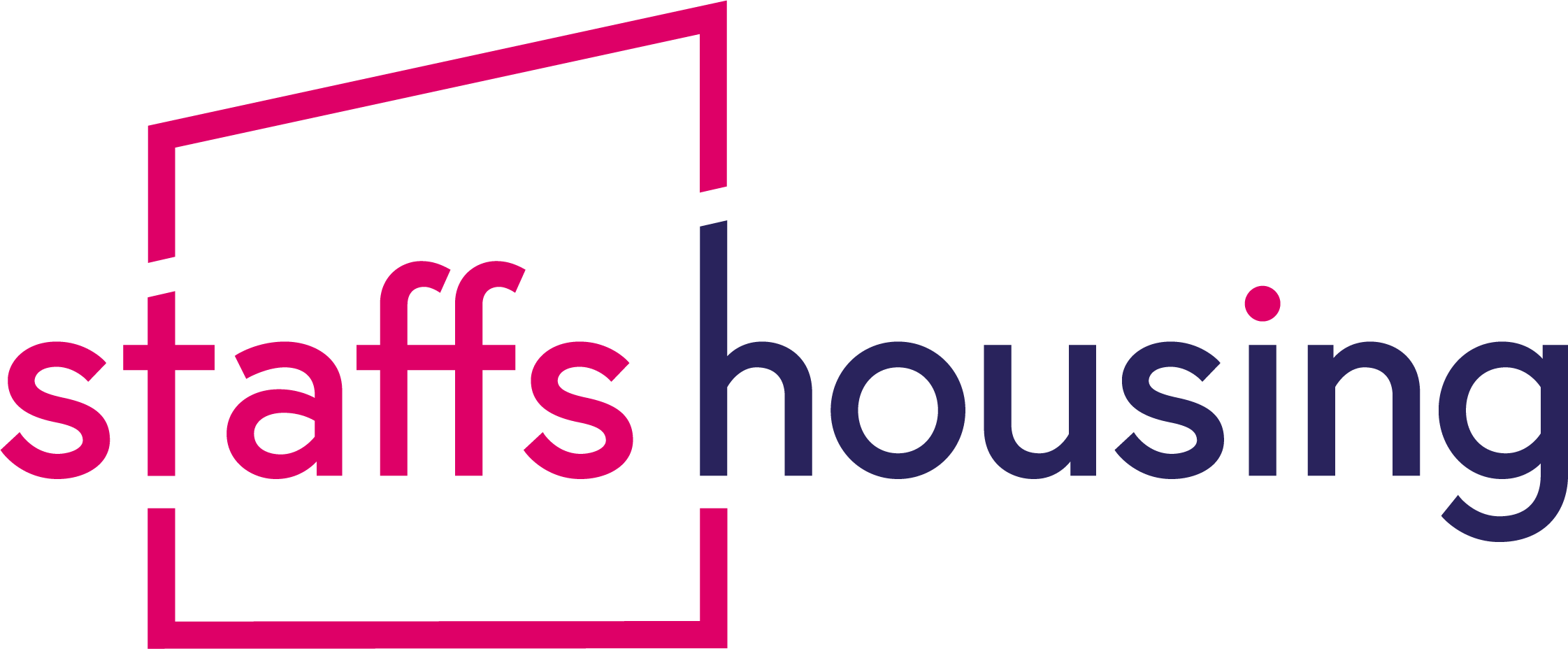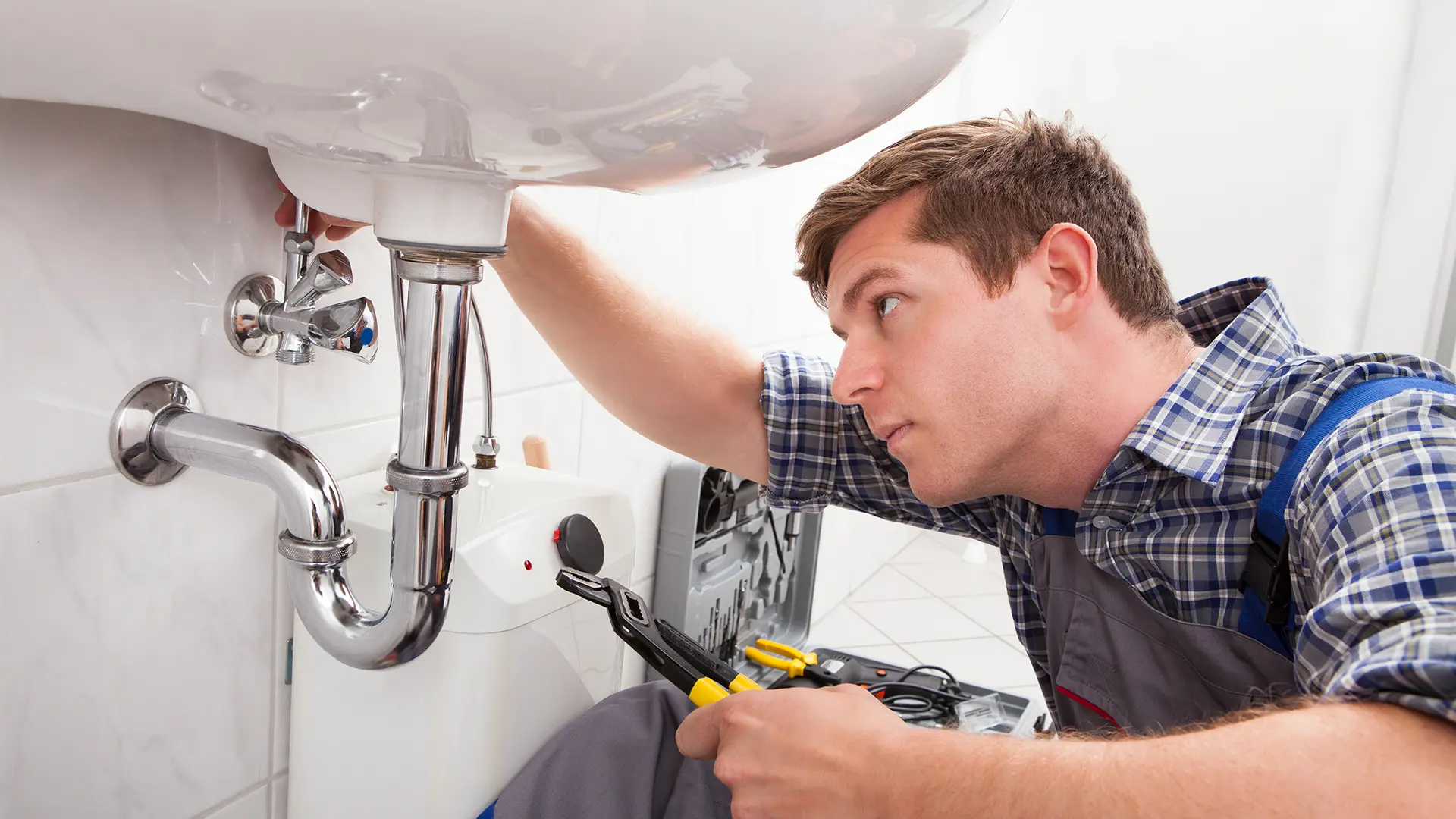Routine repairs are those that do not present an immediate risk or have the potential to escalate into an emergency. We will address these repairs as soon as possible.
As a valued customer, you also play an important role in keeping your home safe and well-maintained by:
- Reporting any issues promptly and providing clear, detailed information to ensure the right contractor is dispatched.
- Making sure the area where the repair will take place is easily accessible and free from clutter.
- Keeping any scheduled appointments to help ensure timely and efficient service.
Emergency repairs are urgent issues that, if left unresolved, could jeopardize the health, safety, or security of our customers or the property. When a repair is deemed an emergency, we will respond promptly to either complete the repair or make the area safe. If the issue occurs outside of regular hours, we will return during daytime working hours to perform any necessary extensive repairs. Additionally, we will treat a repair as an emergency if delaying it could lead to further damage to the property.
Some examples include:
- Gas leaks
- Severe flooding
- Complete loss of heating during cold weather
- Complete loss of water supply
- Electrical hazards
- Structural collapse risks
- Blocked toilet (if it's the only one in the home)
- Blocked drains backing up into the property
- Fire escape issues (e.g., being unable to unlock doors or fire escape windows)
This is not an exhaustive list—we may consider other factors when deciding if a repair is an emergency.
We also look at how certain household vulnerabilities might increase the risk of harm. For example:
- Children under 14 may be more at risk from damp or mold (D&M).
- Adults over 65 may be more affected by extreme cold, falls, or fire hazards.
- Children under 5 are more vulnerable to electrical hazards, falls, or burns from hot surfaces.
- People with respiratory conditions (e.g., COPD) may be more affected by damp, mold, or air quality issues.
Some risks, like asbestos or noise problems, do not target specific groups but may still be serious.
A repair may also be treated as an emergency if a household member has a condition that increases their risk. For example:
- Autism – Difficulty coping with changes may make delays more distressing.
- COPD or other respiratory conditions – Poor air quality or cold temperatures may worsen symptoms.
- Severe depression – Noise issues may have a greater impact on mental wellbeing.
- Dementia – Memory issues may make it harder to follow safety instructions.
- Physical disability – Mobility limitations may make it impossible to check for damage or hazards.
- Severe anxiety – Delays in repairs may cause extreme distress or fear.
By considering these factors, we aim to respond as quickly as possible to repairs that could put residents at risk.

Need to report a repair?
Get in touch with the team!
Call: 01782 744533
Email: hello@staffshousing.org.uk








